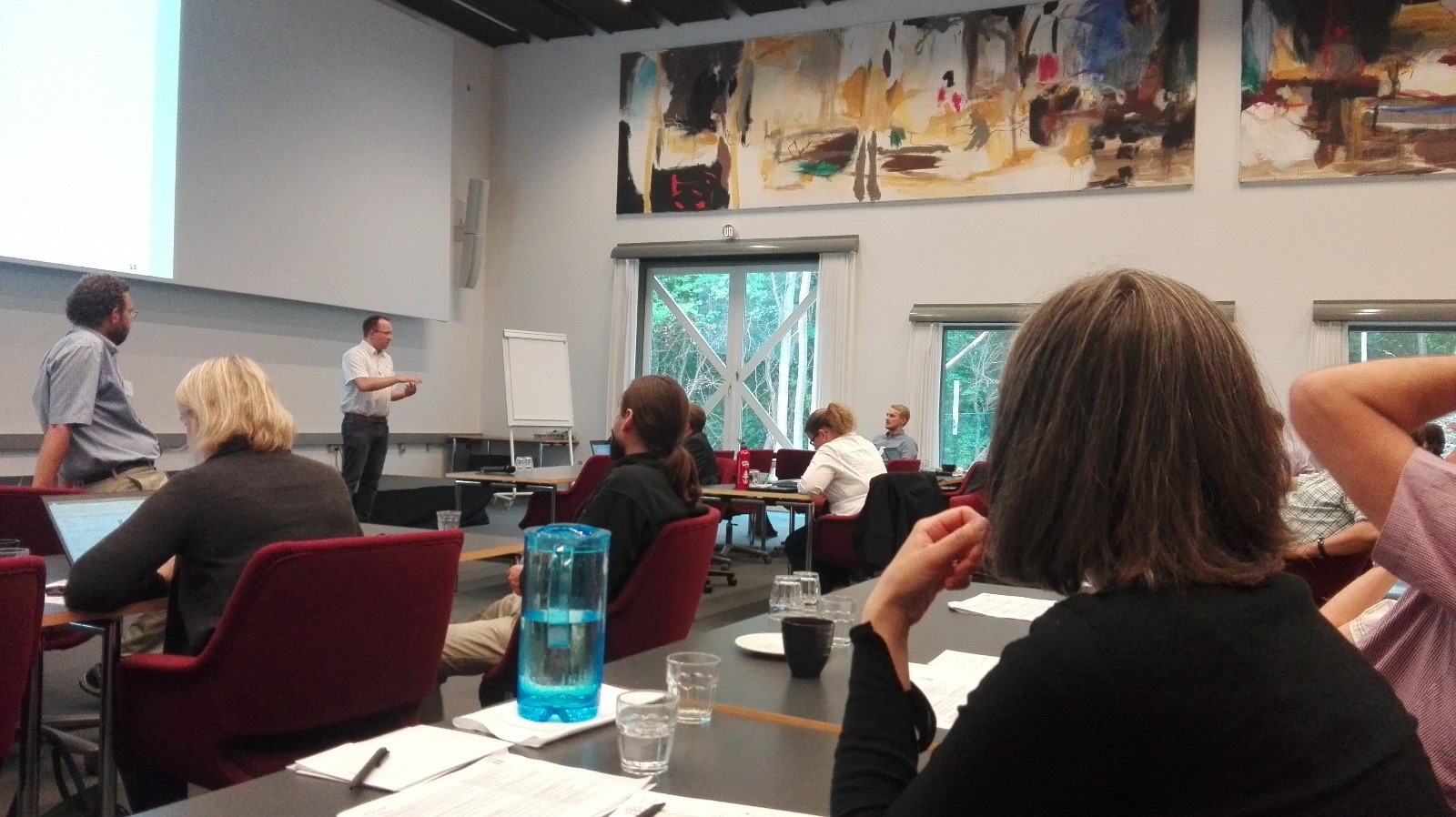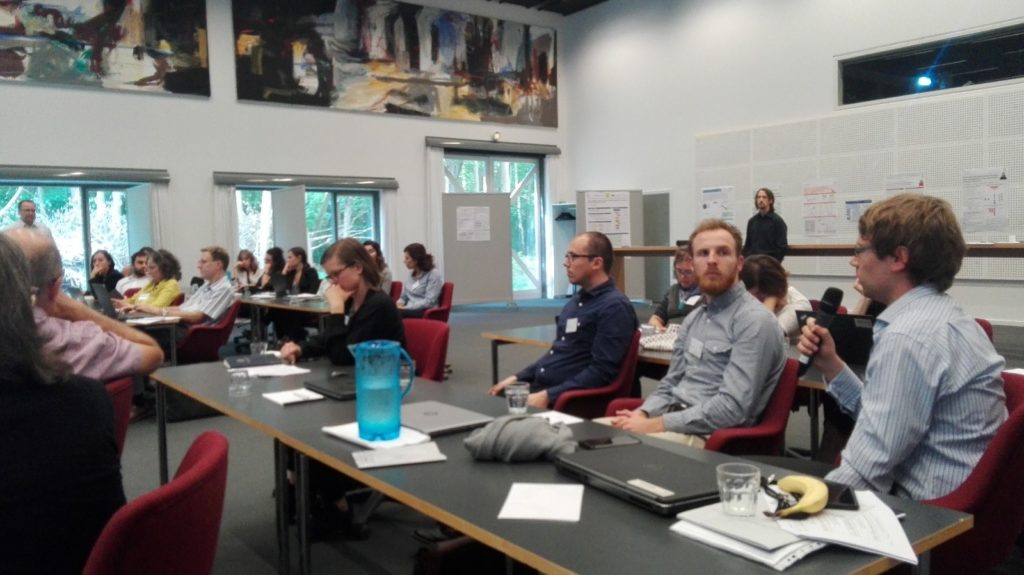The REPAiR researcher Sue Ellen Taelman from Gent University have presented at the 2nd Conference on Life Cycle Assessment of waste – Integrated Residual Resource Management and Assessment a paper titled “Sustainability analysis: local to global impacts in the urban waste management sector”.
The use of life cycle thinking (LCT) and assessment (LCA) in waste and resource management aims at informing decision-makers from a global perspective, however, waste management activities may also evoke local impacts, e.g., noise, odour nuisance, visual impacts, land use/transformation and also to social welfare (e.g., costs and externalities). However, in the majority of the cases, local impacts associated with waste management (this being the focus here) have been poorly addressed, except for ad-hoc studies on individual impacts (e.g., Peters et al., 2014). Therefore, the core objective is to develop a holistic sustainability framework for urban waste management to support policy-making, including both local to global impacts, and capable of assessing potential economic, social and environmental burdens (cf. H2020 REPAiR project).
A spatialized Life Cycle Sustainability Assessment (LCSA) methodology is applied to the waste management sector, by integrating LCA, Life Cycle Costing (LCC) and social LCA, of which the last two are the least developed methods. This entails, amongst others, the use of site-specific and site-generic data and characterization factors, the inclusion of relevant local to global impact categories and indicators, and the coverage of both social, economic and environmental aspects. To identify and select the impact categories and indicators, several techniques are being used: questionnaires, literature review, selection criteria strategy development, etc.



